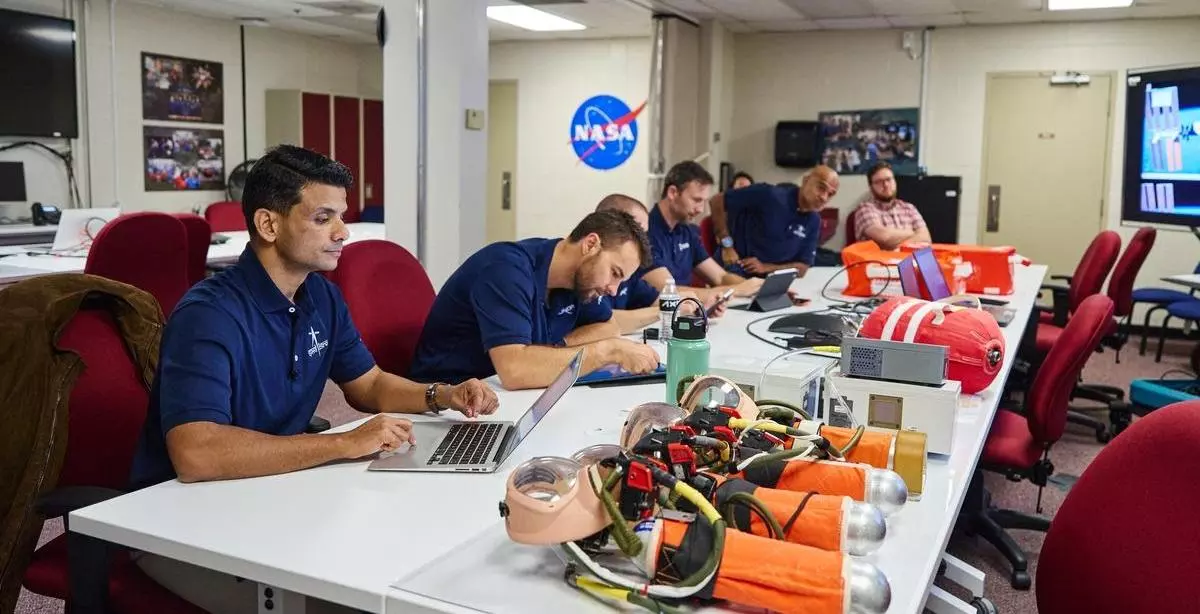NASA and ISRO Collaborate on Space Biology Experiments Aboard Axiom

NASA and India’s space agency ISRO are joining forces for an exciting scientific venture aboard Axiom Mission 4, a private astronaut mission scheduled to launch no earlier than June 10 on a SpaceX Dragon spacecraft. This mission will carry a range of experiments focused on human biology, plant growth, and technology utilization in microgravity. Key investigations include studies on muscle stem cells, plant germination, and the resilience of microscopic organisms, all aimed at enhancing astronaut health and supporting long-duration space missions.
Space Biology: Muscles, Seeds, and Algae
NASA’s Sprouts-ISRO investigation will focus on germinating and growing greengram and fenugreek seeds aboard the International Space Station (ISS). This study aims to explore the seeds’ development, genetics, and nutritional value in a microgravity environment. Another significant experiment, Myogenesis-ISRO, will utilize human muscle stem cell cultures to investigate the effects of spaceflight on muscle repair and mitochondrial metabolism. This research will also test various chemicals to enhance muscle health during extended missions.
Additionally, the Space Microalgae-ISRO study will examine how green microalgae grow and adapt in microgravity. These rapidly growing, nutrient-rich algae could potentially serve as a fresh food source while also aiding in the recycling of air and water on spacecraft. Collectively, these space biology experiments have the potential to revolutionize food production in orbit, help maintain muscle mass during long missions, and even contribute to treatments for muscle loss and nutritional challenges on Earth.
Extremes and Human Factors in Orbit
The Voyager Displays-ISRO experiment will investigate how astronauts interact with tablets and other electronic displays in a microgravity setting. This study will measure various factors, including pointing tasks, gaze behavior, and indicators of stress or well-being. Meanwhile, the Voyager Tardigrade-ISRO experiment will transport microscopic water bears, known as tardigrades, into space. Researchers will revive these organisms in orbit and compare their survival, reproduction, and gene expression to those on the ground, particularly under the influence of cosmic radiation and extreme conditions.
By understanding the remarkable resilience of tardigrades, scientists hope to discover methods to protect astronauts during long missions. The findings from the display study will also inform better user-interface designs for spacecraft, which could enhance touchscreen technology on Earth. These investigations not only aim to improve life in space but also hold the potential for advancements in technology and health on our home planet.
Observer Voice is the one stop site for National, International news, Sports, Editor’s Choice, Art/culture contents, Quotes and much more. We also cover historical contents. Historical contents includes World History, Indian History, and what happened today. The website also covers Entertainment across the India and World.
Follow Us on Twitter, Instagram, Facebook, & LinkedIn

